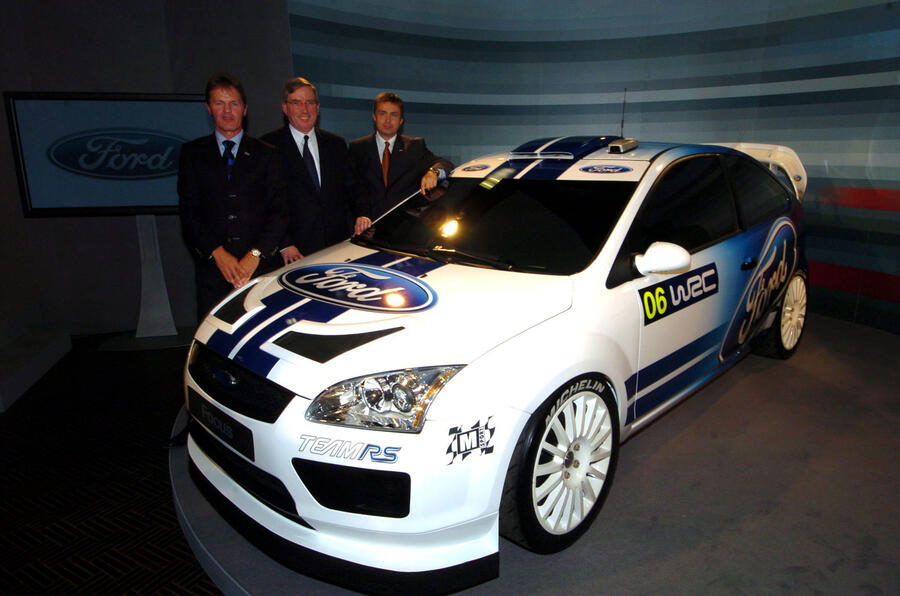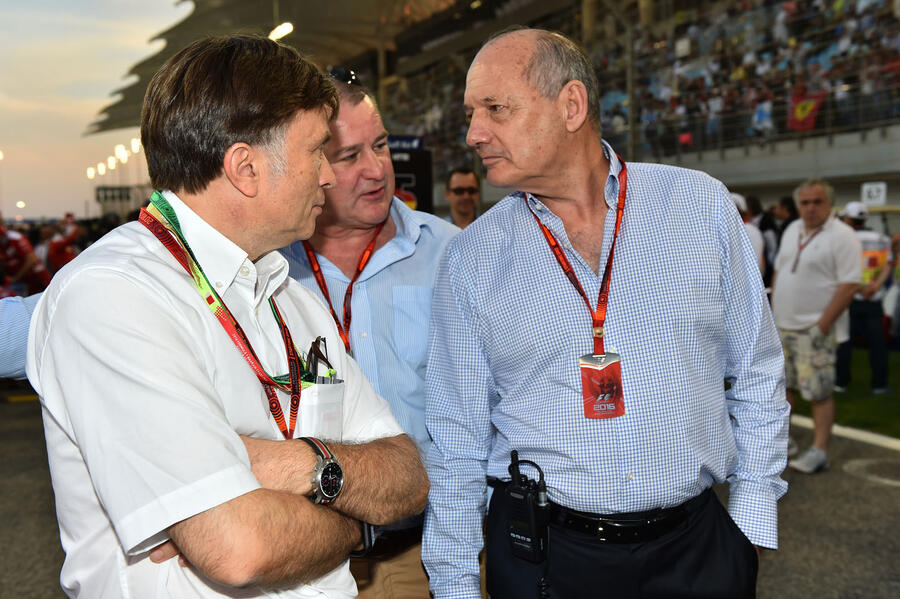Next came a lateral move to Sauber, specifically Sauber Petronas Engineering, which was charged with moving Proton beyond its early technical alliance with Mitsubishi. Capito led development of an all-new 2.0-litre engine, and although this didn’t make production his skills at project management were noticed and he was made COO of the Sauber F1 team in 1998. He was the man who signed up a young Finn called Kimi Räikkönen.
But then Ford came knocking with an offer Capito couldn’t refuse. “Martin Leach approached me, they wanted to get ST and RS launched properly, to bring them back,” he recalls.
The problem was that the first Focus RS had already been mostly developed by the time Capito joined in 2001, and it was both over-budget and behind schedule. Sales weren’t good enough to warrant the cost of developing a version of the Mk2, so Capito found a way of short cutting Ford’s cautious decision making. “We did the five-cylinder Focus ST and it was successful,” he says. “But I knew if I said I wanted to do an RS it would be no. So I said I wanted to do an ST Plus, to build on what was already successful. Then when the car was developed we said ‘ST Plus isn’t much of a name – we should call it the RS!’”

His role expanded to become global. The Ford F150 Raptor and Mustang Shelby GT500 were developed on his watch and he became increasingly involved with motorsport, especially the WRC. “In 2006 and 2007 we won the manufacturers’ championship, but that was with an external team,” he says, recalling M-Sport’s success. “The next step was obviously to do it with a works team, and that’s when Volkswagen approached me.”
Capito led the WRC team throughout a period of dominance, taking four drivers’ and constructors’ championships in a row. “It was like a dream,” he admits. “I think the most rewarding time of my career, of all of it.”
It also led onto another radical change in direction, with Capito recruited by McLaren to head the Formula 1 team in 2016. It should have been the pinnacle of his career, but he ended up leaving just three months later.
“I had agreed what I was going to do with Ron [Dennis],” Capito says. “But then he was gone and it didn’t make any sense. People thought I was really close to Ron. I wasn’t, I just liked working with him and we had a good plan to get the team back to success. The other guys had a completely different opinion, and I said ‘I can only take responsibility if I can be in charge’.”
